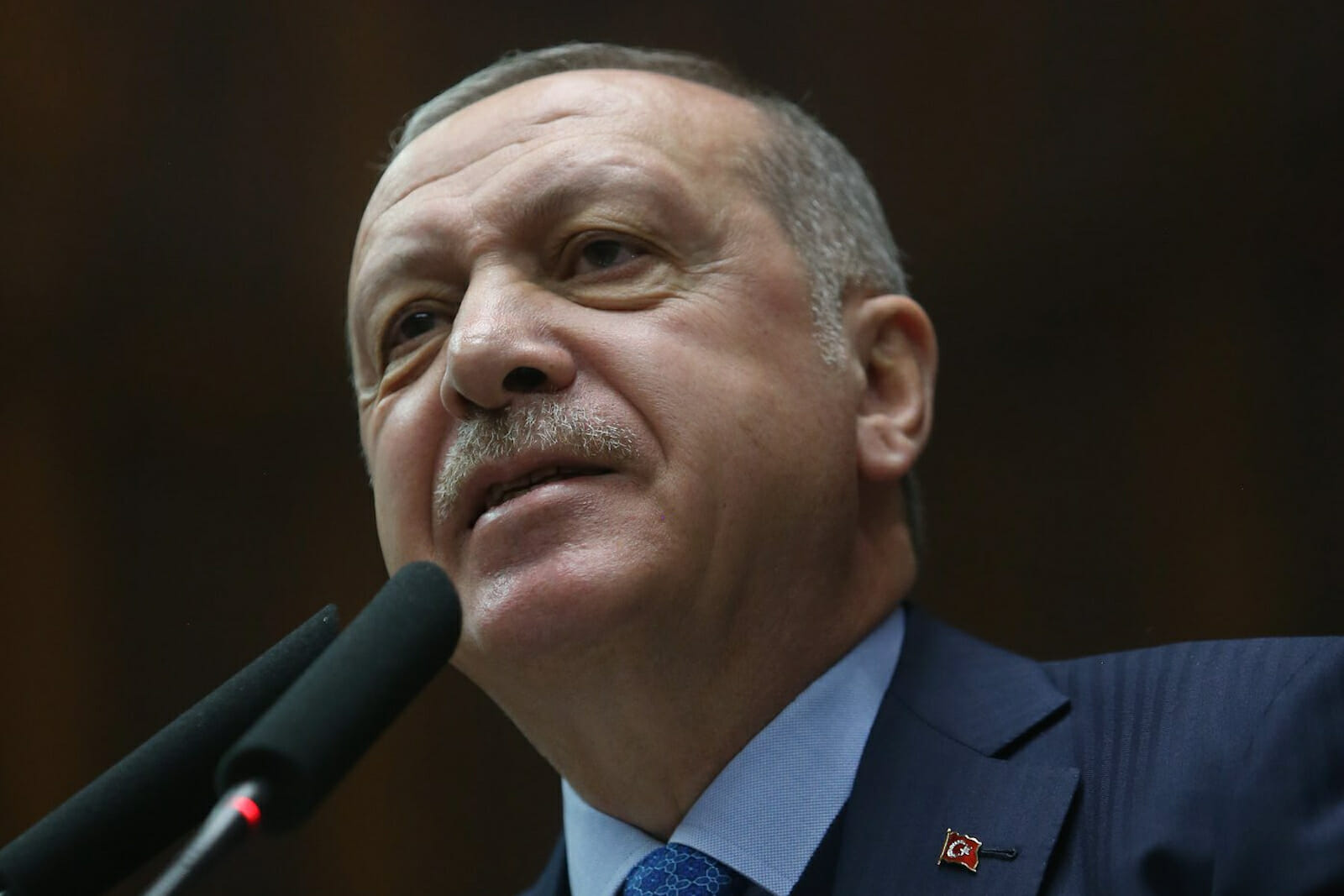
Turkey’s Fading Middle East Policy
Politics in the Middle East is often viewed as a highly volatile and dynamic entity. Ever-changing, unpredictable and fast-paced, the textile of Middle Eastern politics is such that yesterday’s dictators are turned into today’s heroes and in turn, newly-elected presidents are made political prisoners.
Such changing dynamics have made it difficult for Middle Eastern states to develop feasible and stable long-term political relations with each other, as can be seen among primary political players in the region. Less than a year ago, Turkey’s star was shining bright, and it came as a surprise to many that in such a short period of time, its regional policies rapidly crumbled and came to a standstill. By introducing its proactive foreign policies to the world, Turkey projected itself as a role model of sorts for many Muslim countries in the Middle East and North Africa who were seeking to reinvent their image to the world – especially given the aftermath of the Arab Spring. The rendering of Turkey as an advanced nation with a flourishing economy, and the ability to balance democratic values as well as Islamic ideals was warmly welcomed not only by Islamic nations but by many democratic states in the West – including the U.S. and the EU.
Consequently, Ankara gained international recognition and played host to a number of high-profile regional and international decision-making processes. By mediating Iran’s nuclear negotiations, hosting key meetings and conferences pertaining to the Arab Spring, fostering good relations with global powers as well as playing a major political role in the Arab-Israeli conflict, Turkey managed to successfully elevate its position as a regional political leader – far ahead of its traditional competitors Iran and Saudi Arabia.
However, given that political honeymoons in the Middle East are substantially shorter in duration, Turkey is currently finding itself in the uncomfortable position of having to deal with the other side of the proverbial coin. The recent political unrests in major Turkish cities combined with the paradigm shift in Middle Eastern security and political scenery has placed the current Turkish government in somewhat troubled waters. Certainly, the fall of the Egyptian president Mohamed Morsi was a fatal stab to Turkish foreign policies – primarily because Morsi’s political demise brought to light the failures of the ideology that was espoused by Turkish Prime Minister Erdogan’s Justice and Development Party to other Muslim countries in the region. Egypt had been touted by Erdogan’s party as the ideal representation of Turkey’s model of democracy and the collapse of Morsi’s government in some way, heralded the failure of Erdogan’s political model.
The vital role that Egypt played as a representation of the political ideology espoused by Erdogan’s party could be clearly seen in the reaction of the Turkish government following Morsi’s fall. Within a matter of hours following the incident, Turkey (together with a small handful of countries), strongly condemned both the fall of President Morsi and the role of the Egyptian army in overthrowing Morsi. Furthermore, the Turkish government urged its allies – particularly those in the West, to follow suit by placing political pressure on Egypt’s new regime. To Turkey’s dismay, however, this plea was widely ignored by its key regional and Western allies. Subsequently, on a global level, this served to isolate Turkey on its stand in Egypt’s political developments. This political isolation drew a wide range of criticisms and opposition from other political parties within Turkey which accused Erdogan’s government of not serving Turkey’s national interests but instead, of placing Erdogan’s personal dreams of creating the ideal Islamic government.
Erdogan’s irrefutable support of President Morsi has placed Turkey’s regional relations in a quandary – a somewhat difficult situation to be in, especially given that Saudi Arabia – its conventional competitor, is an equally strong and influential regional player. Although Turkey has attempted to maintain crisis-free relations with its neighbors, its position on the Egyptian crisis has substantially jeopardized its relations with the Arab world. This problem is compounded by the fact that because the relationship between the former Egyptian government and Turkey was built on common ideological roots instead of similar political interests, the fall of Morsi’s regime leaves Erdogan with less room to maneuver around his reasons to support Morsi’s government.
Egypt aside, Ankara has seemed to also have made a mistake in its regional policies with regard to Syria’s political crisis. Since the inception of the crisis in Syria, Erdogan’s government has placed all its eggs into the basket of President Assad’s opposition forces, with Erdogan being among the few leaders in the Middle East to continuously call upon Assad to step down. In fact, Turkish support for the anti-Assad movement went so far as to support military intervention in Syria. Although Turkey’s policy with regard to Syria was to denounce Assad’s regime, the weakening of the anti-Assad movement has Turkey finding itself betting on the wrong horse once again. Turkey’s continued requests to the West for military intervention in Syria have also fallen on deaf ears. Simultaneously, Turkey’s anti-Assad stand has strained its relations with the Assad-loving Iranian government, a country that was once Turkey’s close neighbor – both economically and politically.
Turkey’s scenario does not improve with its Mediterranean neighbor Israel. Although Turkey was once Israel’s strategic ally within the Islamic world, Turkey appears to be unable to repair its relations with Israel following the Mavi Marmara incident of 2010, where the boarding of Israeli commandos onto the Turkish vessel Mavi Marmara – and the ensuing clash ultimately resulted in the death of nine activists. As a result of the incident, the Turkish government suspended all ties with Israel. Turkey’s current political policies with Israel are heavily criticized within Turkey as serving not the national interests of the country but instead the Islamic ideological nuances of the ruling Turkish Party of Justices and Development.
Turkey is now facing both the deterioration of its political relations with its Middle Eastern neighbors and the disintegration of its foreign policies in Syria and Egypt. For now, at least, it would appear that the once bright star of Ankara, is fading fast into the tumultuous horizons of the Middle East.


